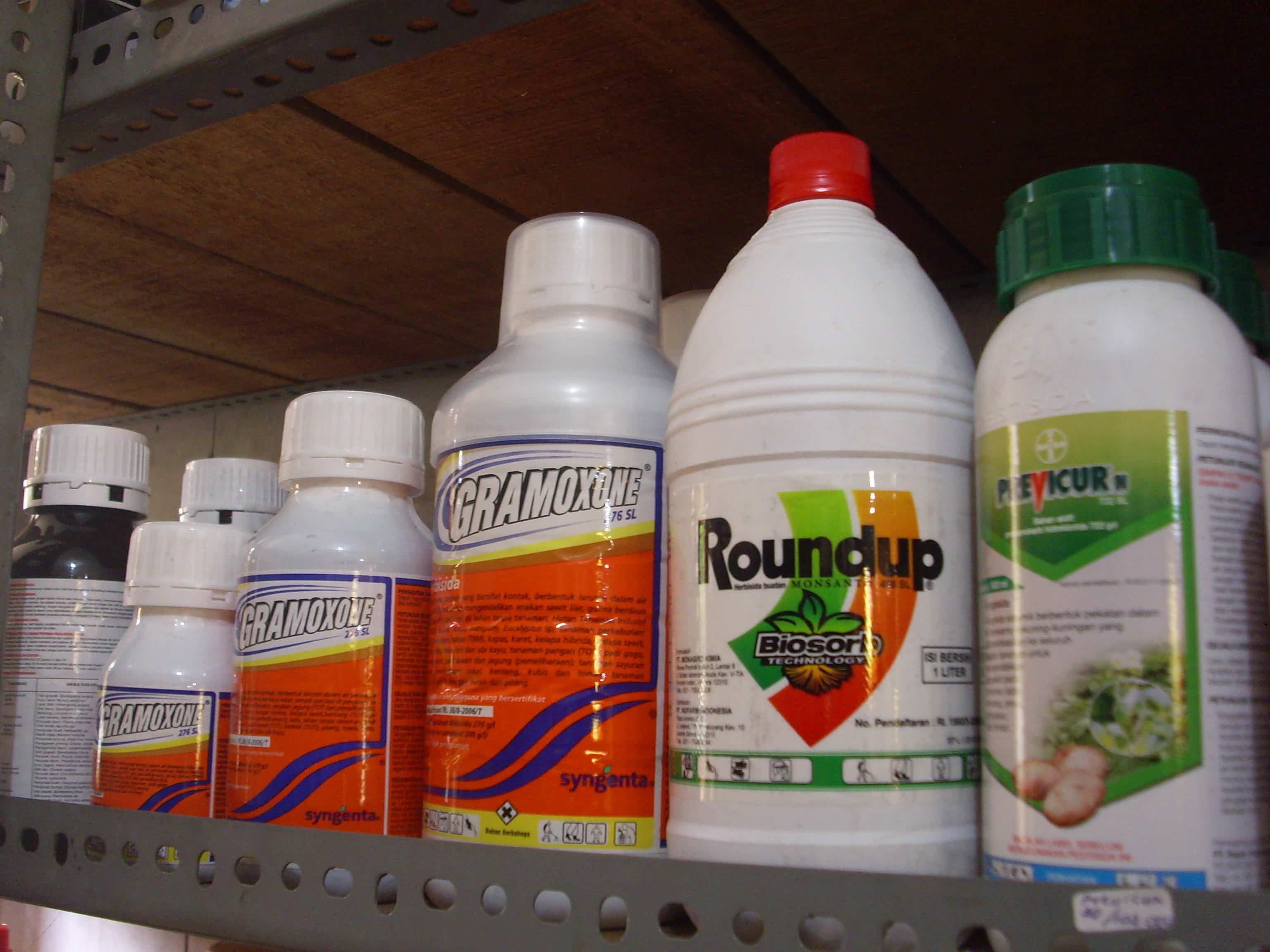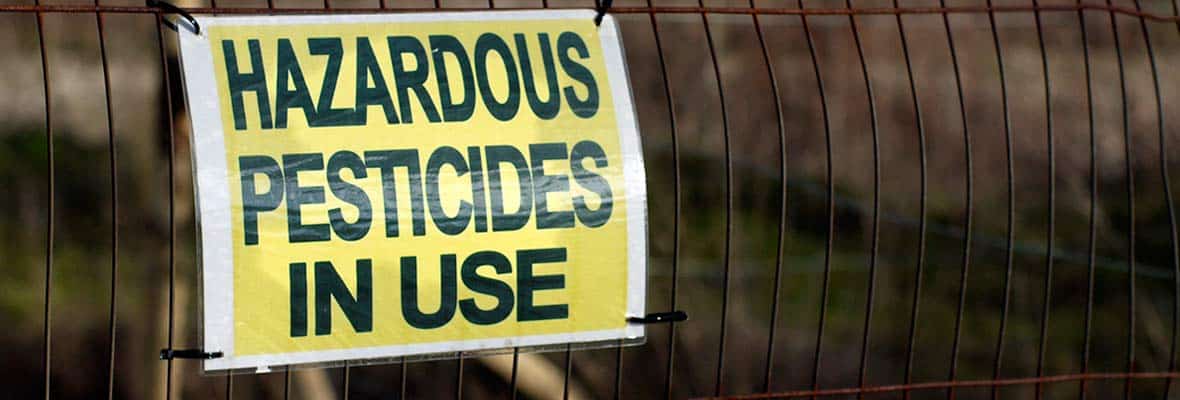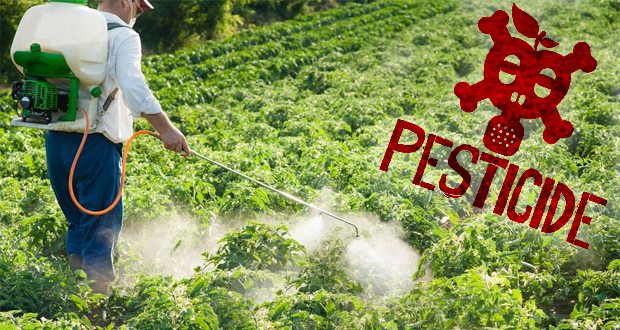No Link between Pesticide Glyphosate and Cancer-Study
Glyphosate is an organophosphorus compound that interferes with the synthesis of aromatic amino acids by inhibiting the enzyme 5-enolpyruvylshikimate-3-phosphate synthase, which is responsible for biosynthesis of the aromatic amino acids phenylalanine, tyrosine, and tryptophan via the shikimate pathway, a mechanism specific to plants.
Glyphosate was introduced as a broad-spectrum herbicide in 1974, and it quickly became one of the most heavily used herbicides worldwide. In addition to agricultural uses, glyphosate is one of the most common residential herbicides in the United States.
In 2015, the International Agency for
Research on Cancer (IARC) classified glyphosate as “probably carcinogenic to humans.” The IARC Working Group cited sufficient evidence for the carcinogenicity of glyphosate in experimental animals, as well as strong evidence that exposure to glyphosate is genotoxic and can induce oxidative stress in experimental animals and in humans in vitro.In addition, they reported limited evidence in humans, noting an increased risk of non-Hodgkin lymphoma (NHL) in some epidemiologic studies.
Now, a large, prospective cohort study conducted among agricultural workers, farmers and their families in Iowa and North Carolina in the United States reports that there are no associations between glyphosate use and overall cancer risk or with total lymphohematopoietic cancers, including non-Hodgkin lymphoma (NHL) and multiple myeloma.
Published in the Journal of the National Cancer Institute (JNCI), the study found there was no association between glyphosate, the main ingredient in Monsanto’s popular herbicide RoundUp, “and any solid tumors or lymphoid malignancies overall, including non-Hodgkin Lymphoma (NHL) and its subtypes”.
It said there was “some evidence of increased risk of acute myeloid leukemia (AML) among the highest exposed group”, but added this association was “not statistically significant”.
The research was part of the Agricultural Health Study, a larger study following tens of thousands of agricultural workers, families, and farmers in Iowa and North Carolina since the early 1990s.
The findings from the study are expected to impact ongoing legal action against Monsanto. Currently, more than 180 plaintiffs are suing the St. Louis-based agricultural product manufacturer on claims exposure to RoundUp gave them cancer. Monsanto has denied the allegations leveled against it.
Research could also prove useful in Monsanto’s bid to convince the European Union that glyphosate should be relicensed for sale in Europe. The EU has delayed their decision on the chemical for several years following a World Health Organization review that found the substance to be “probably carcinogenic” to humans.
































